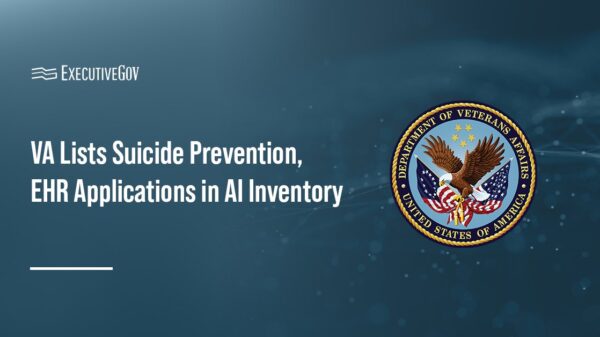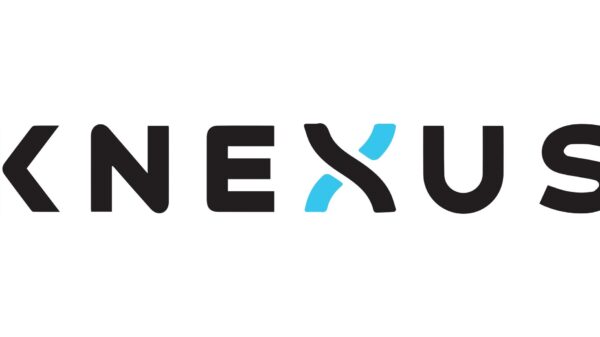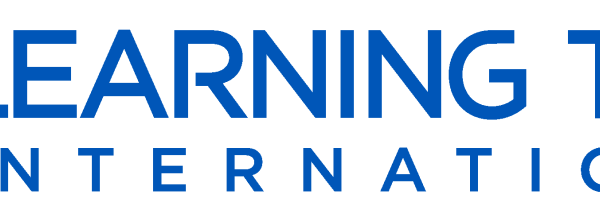In an innovative leap for healthcare technology, the Department of Veterans Affairs (VA) is piloting **ambient AI scribe technology** that is enhancing the doctor-patient interaction landscape. This AI-driven tool passively listens to conversations during medical appointments, records them, and generates clinical notes in real-time, as reported by **VA News** on November 20, 2025. This initiative aims to reduce clinician burnout while improving care for millions of veterans.
Similar to commercial offerings like **Nuance’s Dragon Ambient eXperience**, this technology operates unobtrusively, transcribing discussions, extracting pertinent medical data, and drafting notes that are compatible with the VA’s electronic health record systems. Preliminary tests, particularly at facilities such as the **Palo Alto VA Health Care System**, indicate that healthcare providers can save up to two hours daily on documentation tasks, according to VA officials cited in the report.
Dr. **Matthew Dawson**, the VA’s Chief Technology Officer for Health, highlighted the tool’s accuracy, stating, “**Ambient AI scribes capture the nuances of patient stories that manual notetaking often misses**.” This advancement is part of a larger strategy aimed at integrating AI into the VA’s operations, as detailed in their **September 2025** AI strategy document.
From Pilot to Widespread Implementation
The VA’s initial rollout targets high-volume clinics addressing conditions such as **PTSD** and chronic pain, which are prevalent among veterans. The ambient AI scribe integrates seamlessly with **Oracle Cerner EHR**, the VA’s $16 billion modernization platform, ensuring data flows efficiently. Initial user feedback suggests a remarkable **40% reduction** in after-hours charting, according to internal metrics shared in the VA News report.
This technology not only boosts efficiency but also seeks to enhance diagnostic accuracy by identifying inconsistencies in patient narratives. For example, it can correlate symptoms across multiple visits, which is particularly beneficial for complex cases like **Gulf War illness**, as noted in VA research briefs from **November 2025**. Notably, privacy safeguards are stringent, with **HIPAA-compliant processing** and protocols for obtaining veteran consent built into the workflow.
However, challenges remain, particularly with understanding diverse accents and dialects common within veteran populations. The VA is working alongside AI firms to refine its natural language processing capabilities, taking cues from the Department of Defense’s similar pilots, as discussed in a **PMC** article focused on trustworthy AI in high-reliability organizations.
Strategic Foundations of VA’s AI Initiative
The motivation behind the VA’s AI advancements stems from its 2021 strategy update, reaffirmed in 2025, which emphasizes the need for **trustworthy AI** to improve veteran outcomes. The ambient scribe is a crucial component in high-impact use cases, including **predictive analytics for suicide prevention** and the creation of personalized care plans. The VA’s **Office of Research and Development** has published related findings on caregiver support through **VA News**.
Funding for these initiatives comes from the **$2.7 billion AI Tech Sprint** announced in 2024, which accelerates the development of tools, including the ambient scribe. Posts from **@DeptVetAffairs** on **X** highlight ongoing integrations of home health technologies, reflecting the aim to extend clinic benefits into veterans’ homes.
While competitors like **Epic Systems** and **Google Cloud** offer similar ambient tools, the VA’s version prioritizes federal security standards. A strategy paper from **September 2025** underscores the importance of ethical AI, mandating human oversight for all outputs.
Addressing Clinician Burnout While Building Trust
Provider burnout, which has intensified due to the COVID-19 pandemic, has driven this initiative. A VA survey cited in **VA News** found that **60%** of doctors spent over half their shifts on documentation. The introduction of the AI scribe enhances face time with patients, which is crucial for building rapport, especially for veterans dealing with mental health challenges.
Feedback from veterans involved in the pilot program has been overwhelmingly positive, with participants reporting that they feel more heard when the barrier of a typing doctor is removed. The VA is actively seeking veteran input through its **VA AI Engage** community engagement page to ensure that patient voices shape future iterations of the technology.
To mitigate risks such as AI hallucinations, the VA implements validation layers where providers review and edit notes before signing off. This aligns with guidance from a **2024 PMC** article on AI within the VA’s high-reliability framework.
Plans for expansion aim to incorporate this technology into all **170 VA medical centers** by **2027**, including integration with telehealth services for remote care. Recent updates from **@DeptVetAffairs** on X showcase ongoing developments in **telemental health**, outlining how scribes could facilitate virtual visits.
Cost-benefit analyses project potential savings of **$500 million annually** due to reduced overtime, according to VA estimates. Collaborative partnerships with tech giants like **Microsoft** have further bolstered the development of these innovations.
With regulatory hurdles addressed by the **VA’s AI Assurance Committee**, the 2025 strategy on VA AI positions this technology as a critical pillar for mission-aligned innovation. As the VA refines its ambient AI scribe, it not only streamlines care but also redefines the clinician’s role, allowing healthcare professionals to focus on providing the **empathy** that AI cannot replicate. The era of the ambient scribe has indeed arrived, quietly revolutionizing veteran health care.
 Tech Stocks Plunge as Nvidia’s Strong Earnings Fail to Restore Investor Confidence
Tech Stocks Plunge as Nvidia’s Strong Earnings Fail to Restore Investor Confidence 40% of Enterprises Risk Shadow AI Breaches by 2030, Gartner Warns on Employee Education
40% of Enterprises Risk Shadow AI Breaches by 2030, Gartner Warns on Employee Education 95% of AI Projects Fail: Insights from Pegasystems CEO on Overcoming Adoption Hurdles
95% of AI Projects Fail: Insights from Pegasystems CEO on Overcoming Adoption Hurdles ChatGPT group chats expand AI-assisted collaboration for everyday team workflows
ChatGPT group chats expand AI-assisted collaboration for everyday team workflows India Unveils AI Governance Guidelines, Emphasizes Self-Regulation and Digital Infrastructure
India Unveils AI Governance Guidelines, Emphasizes Self-Regulation and Digital Infrastructure


































































